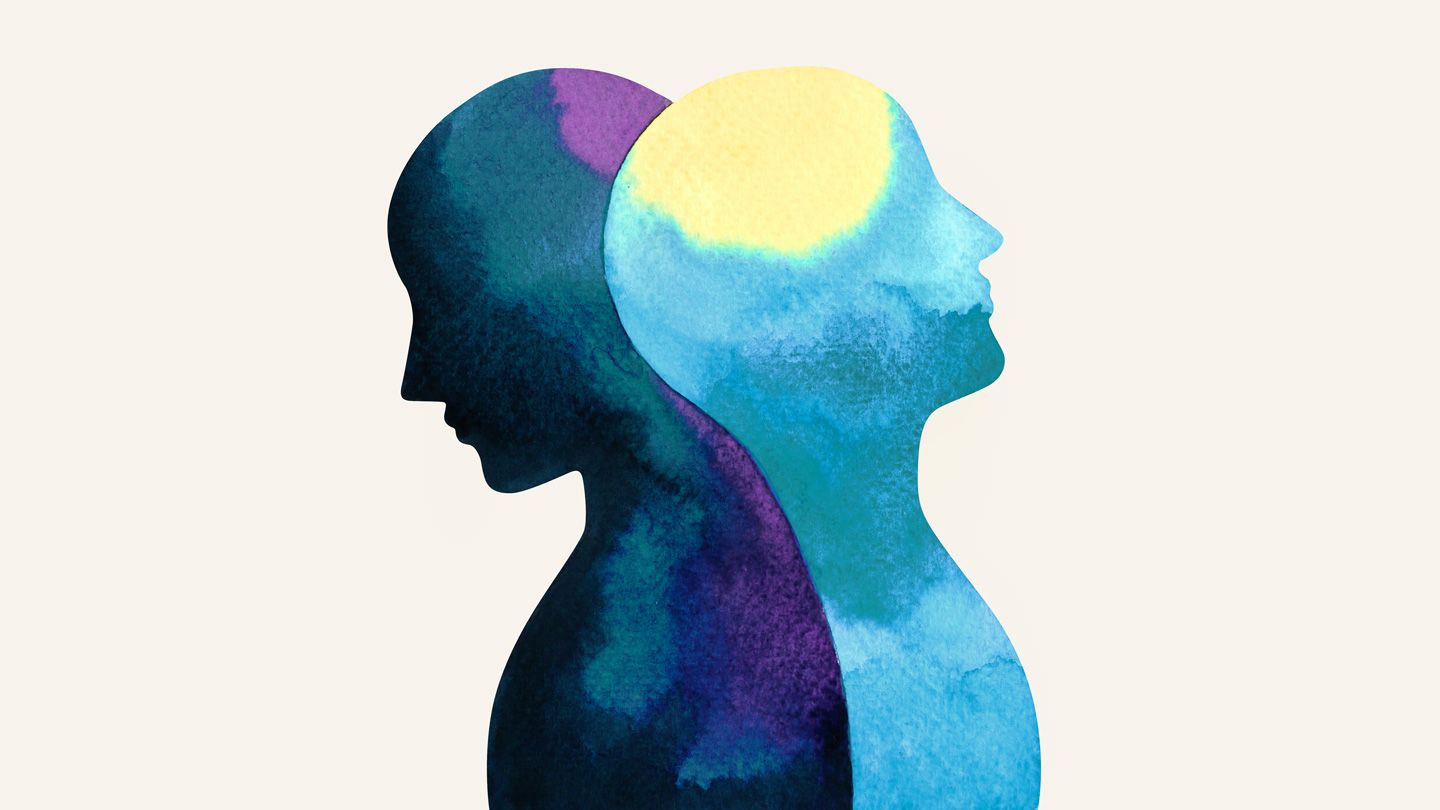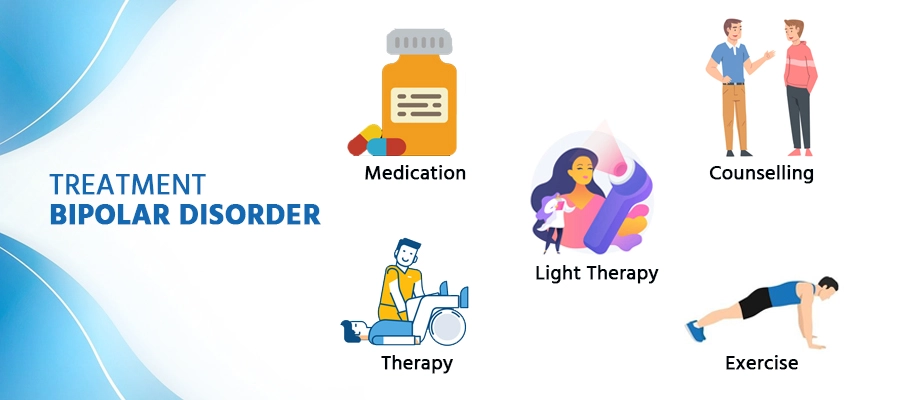Bipolar disorder, a complex mental health condition, affects millions worldwide. In this comprehensive guide, we explore the symptoms, causes, diagnosis, treatment options, and practical strategies for living with bipolar disorder. Whether you’re seeking information for yourself or a loved one, understanding these facets is crucial for effective management and support.
Symptoms of Bipolar Disorder

Living with bipolar disorder involves navigating through distinct mood episodes. Keywords such as “bipolar symptoms,” “mood swings,” and “manic depression” are central to understanding the highs of mania and lows of depression. Recognizing these symptoms early is key to initiating timely intervention.
Causes of Bipolar Disorder

Unpacking the “causes of bipolar disorder” involves exploring genetic predispositions, environmental factors, and neurotransmitter imbalances. This section delves into these factors, shedding light on the multifaceted nature of this mental health condition.
Diagnosis Process

An accurate diagnosis is the first step towards effective management. Keywords like “bipolar disorder diagnosis process” and “understanding bipolar causes” guide readers through the assessment methods used by healthcare professionals, emphasizing the importance of seeking professional help.
Treatment Options

From medications to therapeutic approaches, “bipolar treatment” encompasses a spectrum of interventions. This section discusses the various options available, including “bipolar medication” and “therapy for bipolar,” empowering individuals to make informed decisions about their mental health care.
Living with Bipolar Disorder

Managing bipolar disorder is an ongoing process. “Living with bipolar” addresses coping strategies, lifestyle adjustments, and the importance of a supportive environment. This section aims to inspire hope and resilience, promoting mental health and well-being.

This guide serves as a valuable resource for those navigating the complexities of bipolar disorder. By understanding the symptoms, causes, diagnosis, and treatment options, individuals and their support networks can foster an environment conducive to effective management and an improved quality of life. Remember, seeking professional guidance is crucial, and with the right tools, living a balanced life with bipolar disorder is not only possible but achievable.




